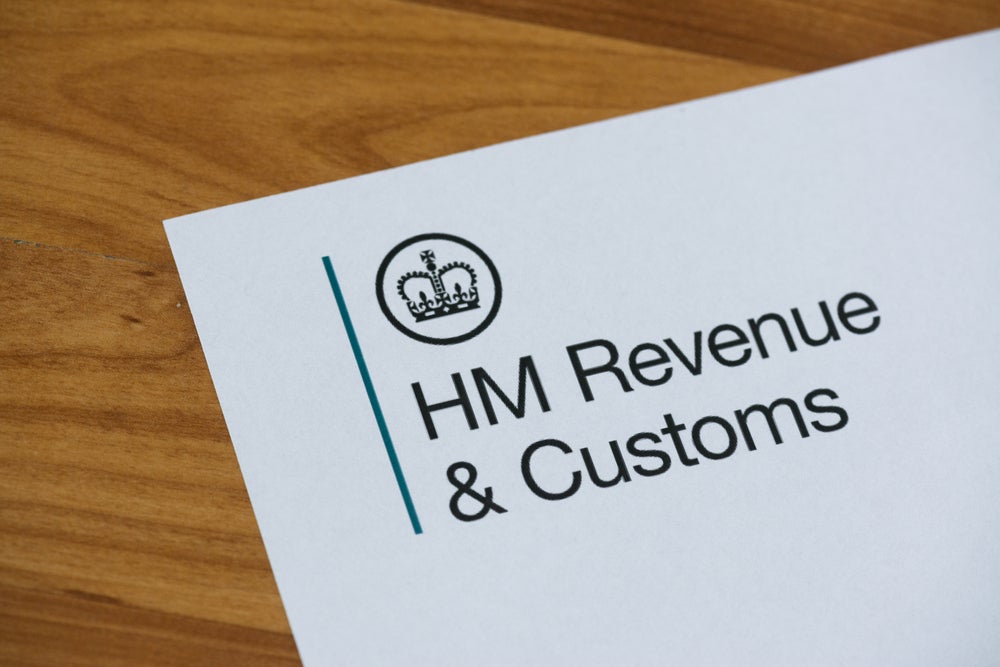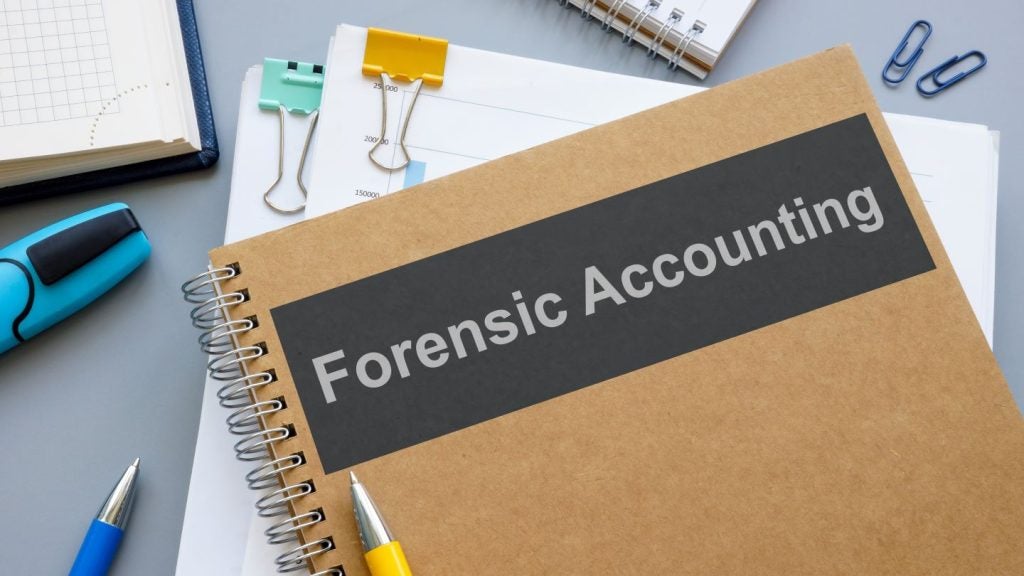
Companies in the UK risk falling foul of a new regulation involving the submission of tax relief claims for research and development (R&D), according to Azets. Nearly half have already had their claims declared invalid by HMRC since the new documentation requirement came into effect from 8 August.
This is the first real sign of the bite from some of the previously announced compliance changes to R&D tax relief claims. R&D tax reliefs for R&D spending from the beginning of April 2023 have reduced, and many innovative SMEs preparing year-end accounts for financial periods which run beyond that date will now begin to feel the impacts from the reductions.

Access deeper industry intelligence
Experience unmatched clarity with a single platform that combines unique data, AI, and human expertise.
HMRC has further made public that nearly half of claims submitted since 8 August, when the new mandatory additional digital information forms were introduced, have been completed incorrectly.
Companies that have not complied with the new forms will soon begin receiving letters from HMRC saying their R&D claim is invalid unless they amend their returns. This may be do-able for some but for those who have left it to the last minute, it could mean their claim is lost.
It is not known how many companies have had their claims rejected between 8 August and 3 September. Although, Azets estimates that it could be thousands, given that there were 89,300 R&D claims in the UK for the tax year 2020-21.
Why were the additional submission requirements brought in?
The new administrative regulations are designed to weed out erroneous and fraudulent R&D claims.

US Tariffs are shifting - will you react or anticipate?
Don’t let policy changes catch you off guard. Stay proactive with real-time data and expert analysis.
By GlobalDataAs part of its campaign to identify malpractice, HMRC stated that from August businesses submitting R&D tax relief claims needed to provide much more information than previously. The additional information required includes:
- Each claim to be endorsed by a named senior officer of the business
- Any agent who has advised on compiling the claim must be named
- Costs to be broken down across qualifying categories, with a detailed description of the R&D work also needed
HMRC investigations into R&D tax relief error and fraud have significantly increased, particularly over the last couple of years, to combat a boom in unregulated R&D tax consultancies and with the additional financial burden of R&D tax credits falling upon the Treasury since Brexit implementation.
The overall level of error and fraud for both R&D tax relief schemes (SME and R&D expenditure credit) across all sectors of the economy was estimated to be £1.13bn for 2020-21. That is equivalent to 16.7% of claims, significantly higher than HMRC’s previously published estimate of 3.6%.
Latest available figures from the Office for National Statistics show that expenditure on R&D that was performed in the UK in current prices was £61.8 billion in 2020, an increase of £2.1 billion since 2019.






